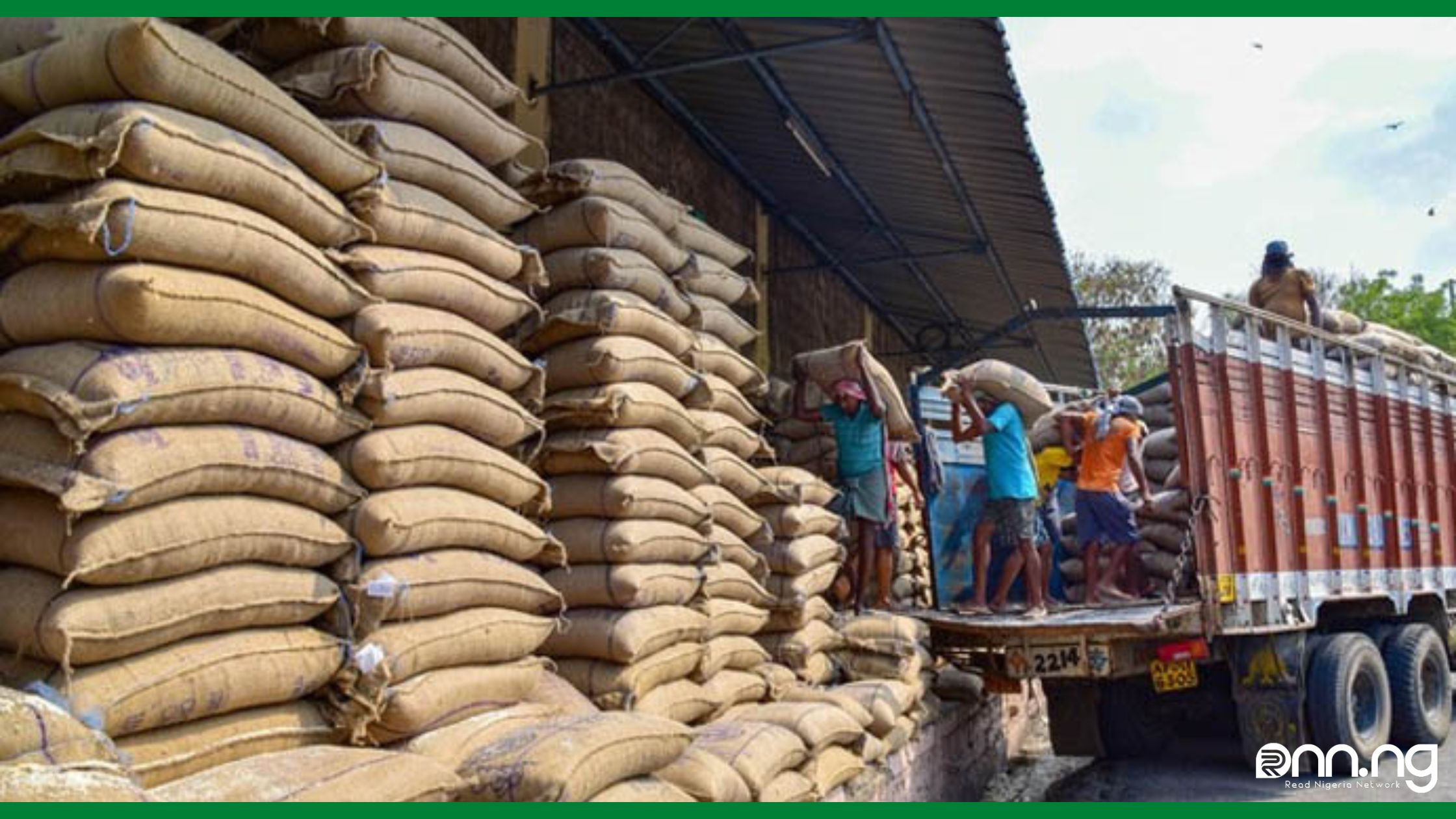Business News
Nigerian agricultural imports jump to N512.9 billion
In the third quarter of 2022, Nigeria imported agricultural goods worth N512.91 billion, a 10.4% increase over the N464.4 billion reported…

In the third quarter of 2022, Nigeria imported agricultural goods worth N512.91 billion, a 10.4% increase over the N464.4 billion reported in the previous quarter and a 6.4% increase over the N482.2 billion in the same period of 2021.
On the other hand, Nigeria’s export of agricultural products plunged dramatically by 40.6% to N84.21 billion in the reviewed quarter from N141.76 billion in Q2 2022. In the meantime, it climbed 6% less than the N79.41 billion printed at the same time period the previous year.
This information is provided in the National Bureau of Statistics’ third-quarter foreign trade report (NBS).
Despite significant expenditures made in the sector by the federal government and the Central Bank of Nigeria, Nigeria’s agricultural exports have decreased (CBN). Sadly, the research also highlighted how Nigeria still heavily depends on imports to meet its food needs.
As of September of this year, the CBN said that N1.07 trillion had been distributed to approximately 4.6 million smallholder farmers who were growing 21 different commodities through the Anchor Borrowers’ Programme (ABP).
A total of N745.31 billion had also been distributed by the CBN to finance 680 large-scale projects under the Commercial Agriculture Credit Scheme (CACS). The sector has not yet recorded the desired level of growth despite these initiatives.
READ MORE: Union Bank received $25 million agricultural funding
In the third quarter of the year, the agricultural sector in Nigeria expanded by 1.34% year over year in real terms, according to data from the National Bureau of Statistics. This was a little improvement over the 1.2% growth rate seen in the second quarter.
However, the agricultural industry is expanding at a debilitating rate when compared to 2020 and 2021, when the sector increased by an average of 2.15% and 2.09%, respectively.
However, it should be noted that the agricultural sector made up around 29.67% of the country’s GDP in the third quarter of 2022, an increase from the 23.24% recorded in the second quarter but a decrease from the 29.94 recorded in the same period of 2021.
In October 2022, Nigeria’s food inflation rate reached a 17-year high of 23.72%; for the review quarter, it was 23.39% compared to Q2’s 20.67%.
The ongoing insecurity issues plaguing the country’s northern regions, as well as the occurrence of flooding and disruptions in the food supply chain, have all been linked to the country’s growing food prices. Additionally, as farmers now pay more for diesel to power their equipment and for the delivery of goods, the global energy crisis has an impact on the amount of production.
